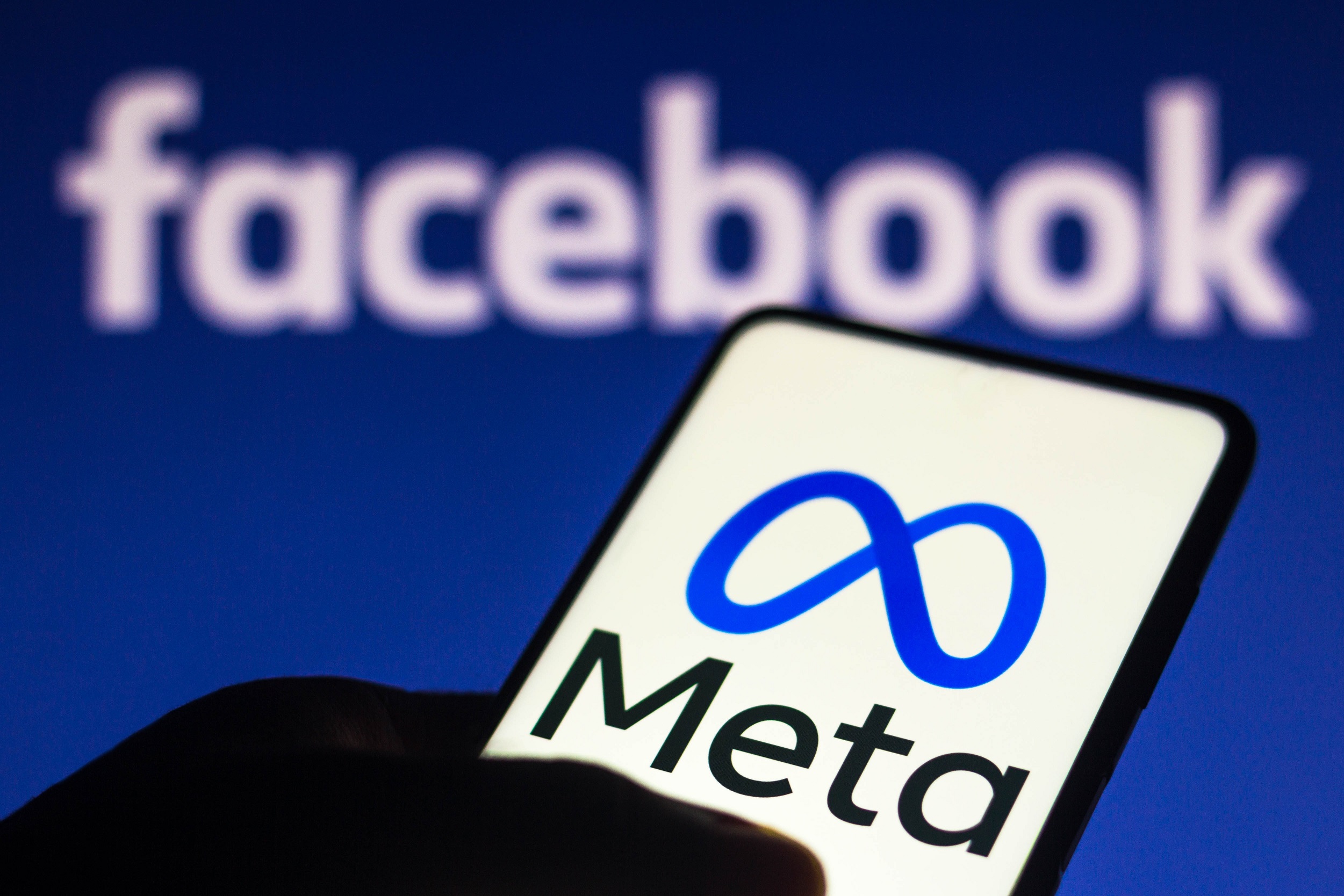تُحاول أن تُحمِّل الصفحة أكثر من مرة، ولكن منصة التواصل الاجتماعي فيسبوك لا تستجيب. تتساءل، ماذا يحدث؟ هل ثمة مشكلة بالربط بالإنترنت؟ هل توقف هاتفك عن العمل؟ تنتقل إلى إنستغرام ثم واتساب، تريد أن تسأل الأصدقاء عبر تطبيق ميسنجر ولا من مجيب. ليبقى الخيار الوحيد هو تويتر.
من السهل أن نتخيل هذا السيناريو، إذا ما اعتمدنا بيانات تقرير "هوت سويت" لسنة 2021 (1) الذي يشير إلى وجود 4 مليارات و200 مليون مستخدم نشِط على الشبكات الاجتماعية حول العالم؛ أي 53.6% من سكان العالم، بل إن عدد المستخدمين ارتفع بأكثر من 13% بين بداية 2020 وبداية 2021.
وحسب التقرير نفسه، فإن معدل الوقت الذي يقضيه المستخدمون على هذه المنصات هو ساعاتان و25 دقيقة، وغالبيتهم يستعملون الهاتف. أما الأسباب الرئيسة الثلاثة التي تدفعهم لاستخدام الإنترنت فهي: أولا البحث عن المعلومات، وثانيا الإبقاء على الروابط مع العائلة والأصدقاء، وثالثا متابعة الأخبار وآخر المستجدات.
بناء على هذه الأرقام، ولو كنت وسيلة إعلامية، ماذا ستفعل؟ من المؤكد ودون تفكير أنك ستحاول الاستثمار في الفضاء الرقمي حيث يوجد الجمهور/المستخدمون، ستنشئ منصة رقمية، وتروج لكل ما تنتجه على المنصات الاجتماعية، أو قد تستثمر حتى في إنتاج محتوى خاص بهذه المنصات يأخذ بعين الاعتبار خصوصياتها، وطبيعة مستخدميها، وأوقات الاستخدام عليها، وخوارزمياتها.
لا حياة خارج وسائل التواصل الاجتماعي
يحصل غالبية المستخدمين على الأخبار من منصات التواصل الاجتماعي، وهنا نتساءل: هل يعني ذلك أن مستقبل وسائل الإعلام هو أفضل دون وجود هذه الوسائط، أم أنها في حاجة إليها لتسويق محتواها؟
وهل يمكن أن تعيش وسائل الإعلام التقليدية خارج هذه الوسائط؟ الإجابات عن هذه الأسئلة ترتبط بعوامل ومؤثرات متعددة، ويصعب أن نحصل على إجابة واحدة نهائية.
بمجرد انقطاع إمكانية دخول منصات التواصل الاجتماعي عشية يوم الاثنين 4 أكتوبر/تشرين الأول 2021، بحث المستخدمون بشكل تلقائي عن منصات اجتماعية أخرى. لم يتجه كل المستخدمين نحو موقع وسيلة إعلام محددة، بل كل ما كان يهمهم في محركات البحث هو معرفة أسباب العطل الذي أصاب فيسبوك والمنصات التابعة له، والأهم من كل ذلك، أن المستخدمين هاجروا إلى شبكات أخرى أهمها تويتر.
لئن كانت الشبكات الاجتماعية تخول للمستخدمين معرفة آخر الأخبار، فإنها أيضا تسمح لهم بأن يكتبوا وينتجوا محتوى ويعبروا عن آرائهم، وهي الخدمة التي لا توفرها وسائل الإعلام، عدا عن بعض التجارب الإعلامية التي تعتمد الجمهور مصدرا، أو تستعين بمحتوى ينتجه المستخدمون، بعد التمحيص الدقيق والتحقق الذي تجريه وسائل الإعلام من أجل ضمان سلامة المعلومات ودقتها.
وسائل الإعلام على الفضاء الرقمي باختصار ليست فضاءات للنشر الحر دون رقابة، وليست مجالات للتعبير، بل هي منصات يقصدها المستخدمون لمعرفة ما يحدث حولهم، وتتزايد الثقة فيها وقت الأزمات؛ كما حدث أثناء انتشار فيروس كوفيد-19.
ولكن سنبحث عن محاولة لتفسير ذلك، في نظرية لا تحظى بشعبية كبيرة في أوساط الباحثين في علوم الإعلام والاتصال؛ وهي نظرية الاستخدامات والإشباعات Uses and Gratifications theory. من خلال هذه النظرية، نفكر في الجمهور على أنهم يستخدمون وسائل الإعلام لتحقيق أهداف محددة، فيرغبون في استخدام وسيط معين لأنه يلبي احتياجات محددة لديه؛ فعندما نستخدم وسائل الإعلام التقليدية، فإن الرغبات والاحتياجات الممكنة محددة؛ من مثل الحاجة لأن نبدد الغموض من حولنا (الإخبار)، والحاجة لأن نوسع دائرة ما نعرفه (التثقيف)، والحاجة إلى الترفيه (التلفزيون هو الملك هنا).
أما الحاجات والرغبات التي تشبعها منصات الشبكات الاجتماعية فهي مختلفة؛ مثل الحاجة للتعبير عن الرأي، والرغبة في الظهور Le désir de s'exposer، والحاجة للتواصل مع الآخرين… إلخ.
حينما توقفت بعض المنصات الأساسية عن العمل، اتجه البحث لمنصات أخرى بديلة تشبع هذه الرغبات، ومن ضمن المحتويات المتاحة هي محتويات وسائل الإعلام التقليدية نفسها؛ لذلك يصعب الجزم بأن وسائل الإعلام يمكن أن تضاهي الوسائط الحديثة. ولكن لو انعدمت الشبكات الاجتماعية تماما، ستحدث عودة أكبر نحو التلفزيون؛ ملك الترفيه والمشهدية، في انتظار ظهور منصات أو تجارب بديلة.
إن وسائل الإعلام، بمنطقها التقليدي، ليست منصات للتواصل مع الأصدقاء، أو للتعبير، أو للإبقاء على الروابط والعلاقات الاجتماعية؛ لذلك لا يمكن أن تكون فضاءات يتم اللجوء إليها عندما تتعطل منصات أخرى. والحقيقة أن ما يحدث هو العكس؛ ذلك لأن وسائل الإعلام "هاجرت" إلى هذه الوسائط بحثا عن المستخدمين.
على هذا الأساس، أبقت وسائل الإعلام على منصاتها الرقمية الخاصة؛ لأنها تمثل الفضاء الحر الذي تتحرك فيه وسائل الإعلام، حيث لا سلطة للخوارزميات عليها تخضع بدورها لضرورات التأقلم مع تفضيلات محركات البحث، ولكنه أمر يمكن تخطيه وتجنب تأثيره بمشاركة في المحتوى. على منصات الشبكات الاجتماعية الأمر مختلف؛ إذ عليك أن تنتج المحتوى الذي تختاره الخوارزميات للمستخدمين، وهذا ما يجعلك تدرس جمهورك بعناية أكثر وتقدم محتوى يتماشى معه، وإلا فلن يصله.
لكن هل يمكن أن تعيش وسائل الإعلام دون هذه الوسائط؟
إلى حد الآن، وحسب تقرير رويترز الرقمي لسنة 2021 (2)، ما زال التلفزيون مؤثرا، بالرغم من الاستخدام متعدد الشاشات. في سياق الجائحة، استمرت الأخبار التلفزيونية في أداء قوي في بعض البلدان، لكن لم تكن نفس الوضعية بالنسبة إلى الصحف المطبوعة؛ إذ تأثرت بشكل كبير بإجراءات الإغلاق الشامل في العديد من البلدان حول العالم. وبرغم هذا الأداء من التلفزيون، ما زال استخدام وسائل التواصل الاجتماعي للحصول على الأخبار قويا؛ خاصة لدى الشباب وذوي المستويات التعليمية المنخفضة. ليس هذا فقط، بل ارتفع استخدام تطبيقات المراسلة مثل واتساب وتلغرام التي تحظى بشعبية؛ لا سيما في النصف الجنوبي من الكرة الأرضية، دون أن ننسى أن هذه الوسائط من السهل أن تنتشر عليها المعلومات المغلوطة والمضللة.
من الإخبار إلى المحاكاة والتجربة
أن نعرف ما يحدث حولنا هذا أمر جيد، ولكن ثمة نزعة نحو تراجع الاهتمام بوسائل الإعلام الإخبارية بصفة عامة، وهذا ما نجد صداه في محتوى وسائل الإعلام؛ خاصة في الولايات المتحدة وبريطانيا، من خلال توظيف تقنيات الواقع الافتراضي في خلق تجربة تحاكي الواقع، فبدل أن تعرف ما حدث، أنت تعيش ما حدث. هذه التقنيات أصبحت تُستخدَم في الأخبار بشكل واسع حول العالم، بما في ذلك العالم العربي؛ حيث يتحول الأستوديو إلى ساحة حرب، أو يواجه المذيع فوهة بركان. هي طبعا لقطات من المشهدية ومن الترفيه الممزوج بالأخبار، بيد أن التكنولوجيا فرضت/أتاحت (كل بحسب ما يراه) خيارات عدة أمام وسائل الإعلام لمحاولة التأقلم مع الحاجيات الجديدة للجمهور/ المستخدمين المتغيرة بشكل مستمر، خاصة أن رقعة المواطنين الرقميين Digital natives ستتسع بالضرورة يوما بعد يوم.
في عالم ما بعد فيسبوك وبقية المنصات الأخرى، لا بد من تجربة مماثلة حتى يمكن لوسائل الإعلام أن تنجو عبرها؛ لأنها وببساطة باتت تعتمد اعتمادا كليا على هذه الوسائط لإثبات وجودها.
بعد سبع ساعات، عاد فيسبوك ومنصاته للعمل، وعاد المستخدمون لتصفحها كأن شيئا لم يكن، ولكن سيأتي يوم ما ينتهي فيه فيسبوك والمنصات التابعة له، مثلما انتهت الكثير من التجارب الرقمية قبله، ربما يهجره المستخدمون نحو فضاء جديد مختلف يتماشى مع حاجيات المستخدم بعد 20 أو 50 عاما، ربما يهجر الناس الشبكات الاجتماعية برمتها نحو تجارب مختلفة تقوم على الفردانية ومحاكاة الواقع، ربما يختلف الإقبال على هذه الشبكات من منطقة إلى أخرى، ويمكن أن تصبح محلية أكثر منها كونية.
مهما كان الذي سيحدث، سيؤثر بالضرورة على مصير وسائل الإعلام، التي عليها دائما أن تتخذ أشكالا جديدة تتأقلم مع المستخدمين الجدد وتستثمر في تجارب جديدة؛ إذ ستصبح الحاجة ملحة لمصدر يقدم معلومات دقيقة، وهي وظيفة وسائل الإعلام بامتياز. ستختلف الأشكال وتتعدد، والذي نعرفه أن المستخدمين يبحثون أكثر فأكثر عن التجربة مقارنة بالمعرفة، ووسائل الإعلام التي ستستمر هي الأكثر قدرة بالضرورة على التأقلم مع المتغيرات في الفضاء الرقمي، أو أي فضاءات ستأتي بعده.
المراجع
(1) Digital 2021 Global Overview Report. https://www.hootsuite.com/pages/digital-trends-2021, 2021, accessed 5/10/2021.
(2) Reuters institute, Digital News Report 2021, 2021, https://reutersinstitute.politics.ox.ac.uk/sites/default/files/2021-06/Digital_News_Report_2021_FINAL.pdf, accessed 5/10/2021.


















![Palestinian journalists attempt to connect to the internet using their phones in Rafah on the southern Gaza Strip. [Said Khatib/AFP]](/sites/default/files/ajr/2025/34962UB-highres-1705225575%20Large.jpeg)





















